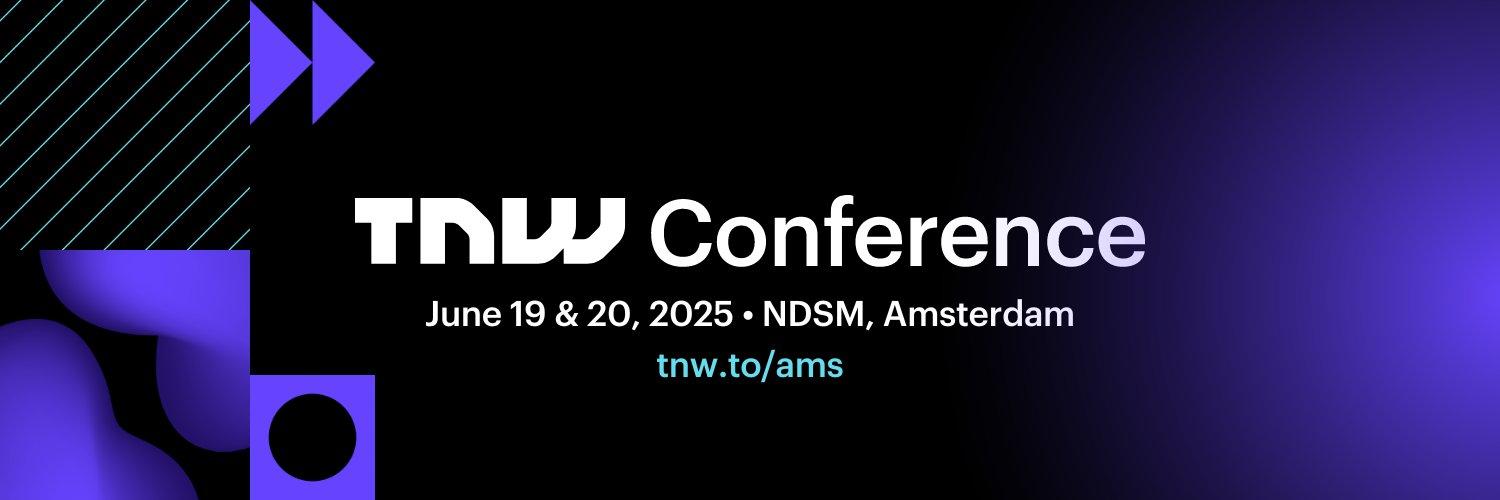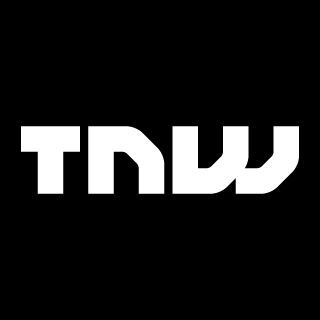


The Heart of Tech ❤️
TNW Conference - Europe's leading tech festival - June 19-20, 2025
TNW Conference - Europe's leading tech festival - June 19-20, 2025
234 oameni carora le place asta
0 Postari
0 Fotografii
0 Video



